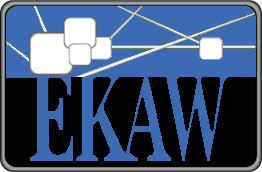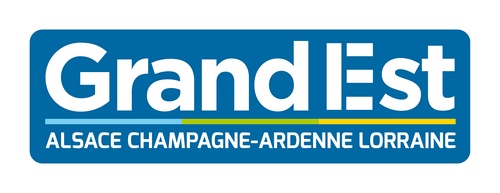Learning from knowledge graphs (full day tutorial)
Organisers:
- Fabrizio Riguzzi and Elena Bellodi, Dipartimento di Matematica e Informatica, Università di Ferrara
- Riccardo Zese and Giuseppe Cota, Dipartimento di Ingegneria, Università di Ferrara
Webpage: http://ml.unife.it/learning-from-knowledge-graphs-ekaw-2018-tutorial/
Email address: ml@unife.it
Recently, a large number of knowledge bases have been made available, which store factual information in form of relationships between entities by means of graphs, RDF triples or logical representations. This data is inherently relational and stored as “knowledge graphs” made up of millions of nodes and billions of edges, or as billions of facts in form of RDF triples.
The interest in performing prediction and learning tasks on this data led to the development of scalable statistical relational learning techniques. These tasks arise in many settings – characterized by complex and uncertain relationships among entities – such as semantic web, information extraction, social networks, diagnosis, network communication, computational biology, etc.
The tutorial will provide an overview of representation options for large-scale graph-structured or relational datasets, then it will describe the wide spectrum of machine learning techniques that were devised for reasoning and learning over this data. Finally, it will present the main application domains, from link prediction to entity resolution and ontology learning.
Catching up with ontological engineering To git-commit and beyond (half day tutorial)
Organisers: Alba Fernández-Izquierdo, Ahmad Alobaid and María Poveda-Villalón, Ontology Engineering Group, Universidad Politécnica de Madrid
Webpage: https://tutorials.oeg-upm.net/ekaw2018/
Email address: ontoologytutorial@delicias.dia.fi.upm.es
In almost every ontology development project there is a number of activities that are often done separately and often in an iterative manner. For example, after each development iteration the ontology has to be evaluated and the ontology documentation has to be updated. In order to alleviate such situation, some ontological engineering support- ing tools are being developed to integrate and orchestrate such activities. This is the case for OnToology, an on-line application that exploits GitHub capabilities to ease collaborative ontology development focusing on ontology documentation, evaluation and publication. OnToology has been used by tens of ontology developers and has more than hundred repositories registered. This tutorial will cover both methodological and technical aspects of collaborative ontology development. The tutorial will include practical activities that will be supported by OnToology in combination with other systems. At the end of the tutorial attendees would be able to carry out and adapt common ontology development activities by incorporating OnToology into their workflows.
Software requirements:
As we shall be using web-based software and desktop applications we require that attendees bring a laptop in order to participate in the tutorial. Regarding software requirements for the practical activities, it is needed:
- The ontology editor Protégé
- The version control system git
- Web browser: Firefox, Chrome, etc.




